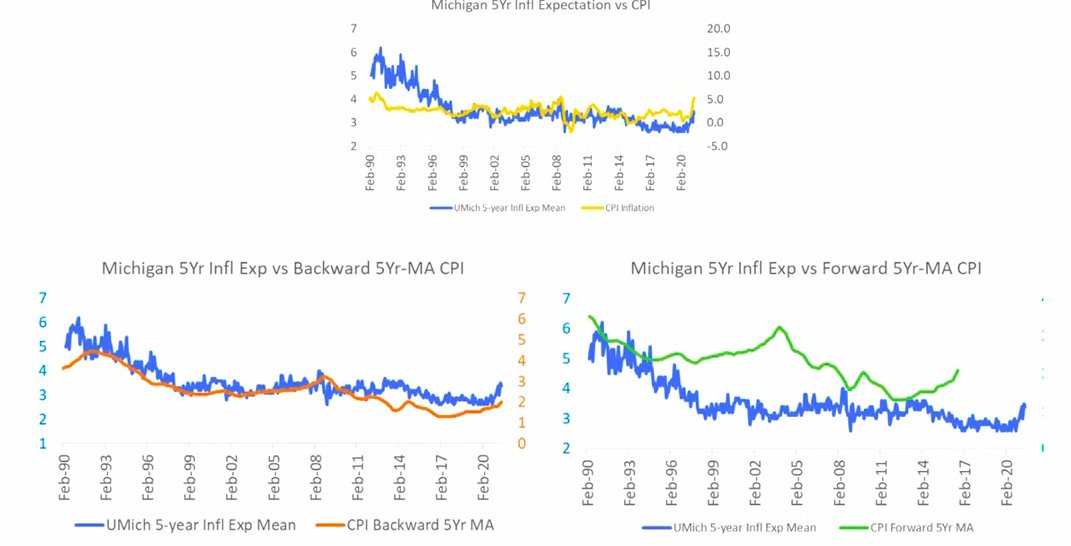
let's all remember that a wage-price spiral only occurs if
firms dump wage increases into prices, instead of reducing their profits.
German workers here are asking for some share of that nice profit pie earned during pandemic.
firms dump wage increases into prices, instead of reducing their profits.
German workers here are asking for some share of that nice profit pie earned during pandemic.
https://twitter.com/C_Barraud/status/1443864806298210324
I am also puzzled by the collective terror of worker power, only a couple of months ago central bankers and IMF chief economists were clamouring for exactly that.
workers of the world unite, just a bit below the inflation target?
hmm, let me think Fortress Europe, how could one possibly solve worker shortages
https://twitter.com/tomashirstecon/status/1443868394168672256?s=20
• • •
Missing some Tweet in this thread? You can try to
force a refresh













